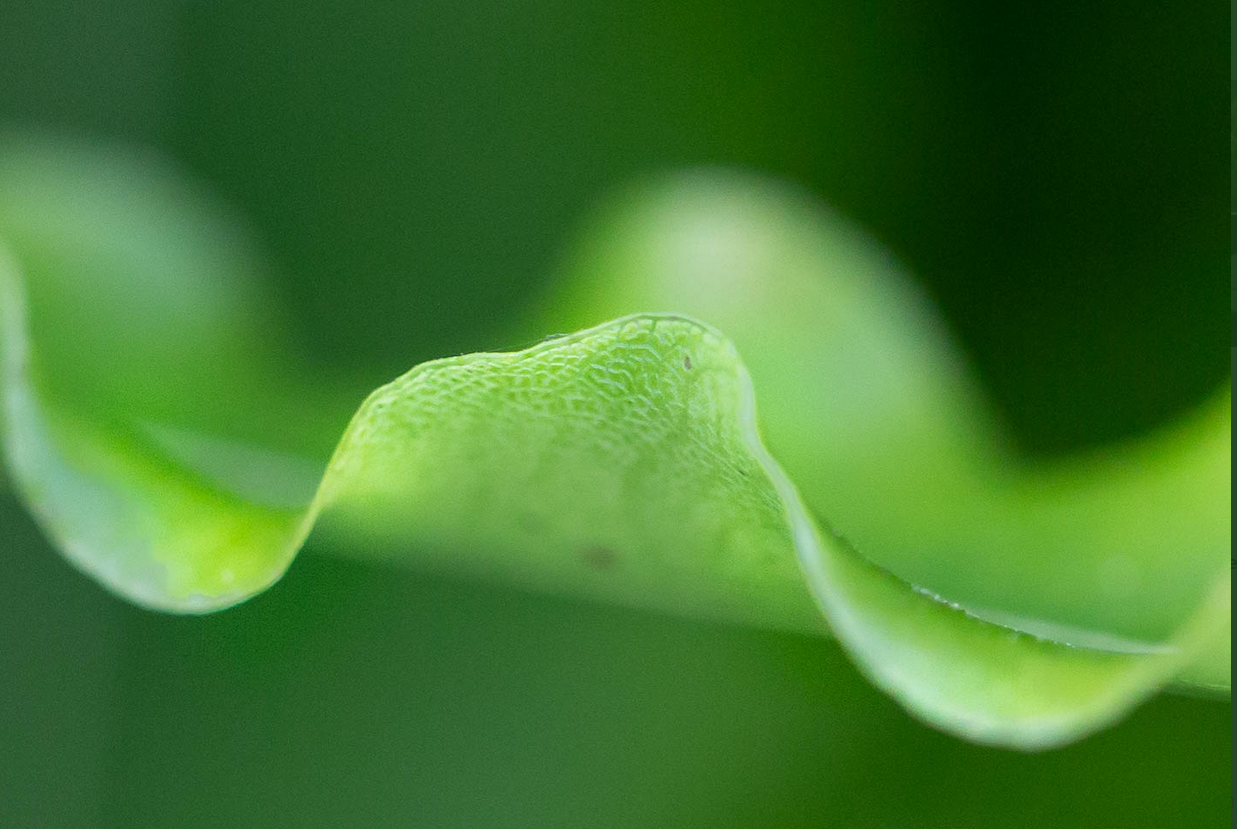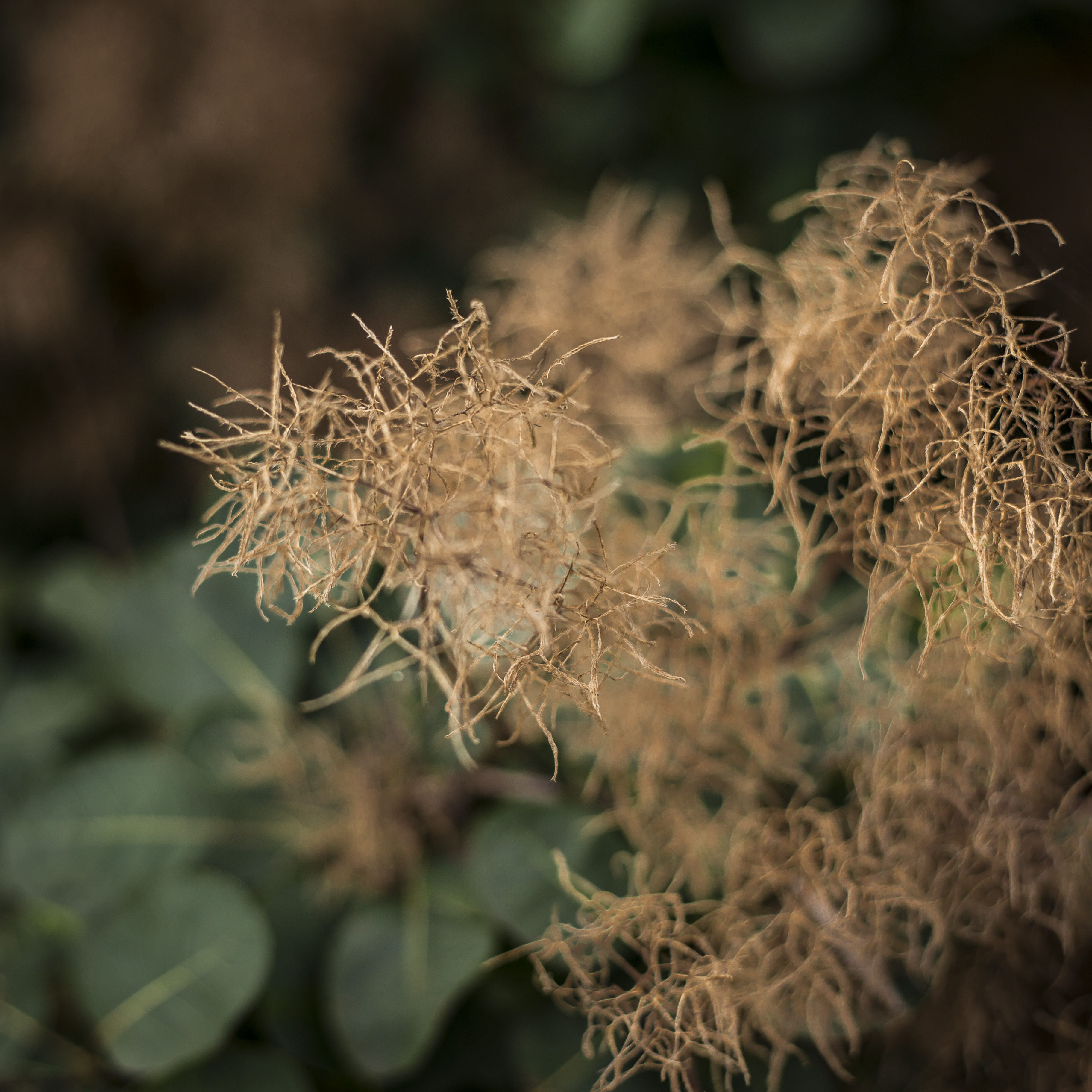I keep getting itchy blisters on the arch of my foot.
I read Alison Bechdel’s Are You my Mother? for Mother’s Day. Started it Sunday in the pool, finished it today in a storm.
It reminded me–tangentially, because of how it uses Adrienne Rich and Woolf—of how much of what we write about television has been written before—about books, about women. Frustrating to know it’s all out there, better done. But we all forget and forget and forget, and so (here’s my feeble rationale) since tv compels “our” attention, it’s an occasion to rehearse and remind. But there’s nothing new we’ve said. If it’s worth writing, it’s not because it’s original but for the more humbling reason that it’s still true, no matter how much the reminder raises a rash on the love we want to lavish on True Detective.
I go home Wednesday.
I learned today Hillary died after her second lung transplant failed, that she knew she was going to die, that she got her Ph.D anyway, and a job, and that her poetry on the pain is beautiful and prosy. Her last Tweet was to Aaron the day before she died, congratulating him on his student’s grasp of gradatio. Her last retweet was Lindy West.
Bechdel’s book is full of Alice Miller. I’m afraid of Miller, I think—Bechdel presents it as a seductive explanatory weapon that could suck a person up whole. It nearly swallows her. But Are You My Mother? floats on a sea of coincidence: the spider that appeared in the office while Bechdel was narrating her mother’s fear of spiders, the plays her mother starred in that happen to be about mothers. She thematizes coincidence in a way any diary-writer (or child of a diary-writer) will recognize; it’s the most natural thing in the world to organize your days around the literary webs no one wove. (I keep resisting writing entries in my “diary” because it feels self-indulgent and wrong, and because I don’t enjoy reading it afterwards, but I recognize that I go impulsive and compulsive without it: I read threads about sociopaths for an entire day, or haunt the internet forums of waiters, or dream of dogs who are imperfect clones and speak in refined Oxbridge accents.)
One of Hillary’s poems:
Botanica
Creature of occasion, remember where you have been, which leaves have teeth, which leaves are shaped like a pair of lungs. The closed landscape glitters. My name is Acutifolius: having sharp edges. Underside of each frond like a powdery line of Braille. Air stuttering with leaves. There’s a night inside the night inside my chest. Forest air cool as a plum’s dark flesh. The hand goes black against the low green. I’m Candicans: looking white or frosted. Or Sylvaticus, Californicus. In the crowded wood, I see the several eyes go down. Black air folds around low ferns. Asleep, I laid my hand on the tree until my skin turned to bark.
The air gets thin just reading her. Bronchials branch and there’s the night, closing.
I finished Bechdel’s book and stared at the ceiling. (Achy back, easier to read on floor.) It’s pouring outside. Pepi shelters from the thunder in her blue house, peers fearfully out, and my phone has just scritched eerily that there’s a flood warning in effect till 1:15 a.m. I’ve been reading Eikon Basilike today, which—coincidence—is full of storms and floods: “O Lord by thou My Pilot in this dark and dangerous storme,” writes Charles I (or his ghostwriter). He defends his decision to step away as both courageous and prudent, a function of the tides:
“Some may interpret it as an effect of Pusillanimity for any man for popular terrours to desert his publique station. But I think it a hardinesse, beyond true valour, for a wise man to set him self against the breaking in of a sea; which to resist, at present, threatens imminent danger; but ot withdraw, gives its space to spend its fury, and gaines a fitter time to repaire the breach.”
It’s not as unexpected an analogy once you realize he thinks of the people as weather: here’s his account of the Earl of Stratford, whose execution he authorized despite his loyalty, and Charles can’t get over his guilt (oh, I like him, I do):
“Whereof he could not but contract good store, while moving in so high a spheare, and with so vigorous a lustre, he must needs (as the Sun) raise many envious exhalations, which condensed by a popular odium, were capable to cast a cloud upon the brightest merit, and integrity.”
My foot stings.
I don’t like Freud, but I’ve been watching In Treatment in the off hours when the muscles start their strangle. Only the episodes where the analyst gets analyzed, I’m not interested in the others. He’s bitter and damaged and angry. It seems to be the time to think about how I stall in ways I haven’t thought to think. I’ve seen the therapist twice now. It feels like it might help. That worries me. I’m too easy a sell. I haven’t been great at striking the balance between getting lost in the luxury of self-examination and being cynical (its own kind of luxury). Useful and a little miraculous to see Paul get torn up on television.
I finally decide to look up “athlete’s foot blister” since my creams aren’t working. It turns out what I have is vesicular athlete’s foot, an allergic reaction to the fungus. Charming. That allergic response is called—it’s almost too good to be true—an id reaction. Just when I start feeling superior to Bechdel, who knits her coincidences the way I do, secretly, as if there’s a secret filmmaker or something equally absurd, BAM! a theme bubbles up in he arch of your foot.
Here’s my worry—this is Charles writing about the revolutionaries, but it resonates with something that happens in Jacqui Shine’s “The Quiet Room” and In Treatment and Are You My Mother? (All this week. Theme.)
“If some mens Hydropick insatiablenesse had not learned to thirst the more by how much more they drank; whom no fountain of Royall bounty was able to overcome; so resolved they seemed, either utterly to exhaust it, or barbarously to obstruct it.”
Therapy might lead to hydropick insatiableness. I’m afraid of the vainglorying self; God knows I have and fear and fulfill the tendency right here in one ugly jump: too fascinated with the self, everything becomes a poetic kind of self-regarding, and all I see in Charles’ analysis of the people who will cause his death is my fear of therapy.
But Hillary—who I didn’t know well, and whose departure should not be this hard to accept—was a better person, a better writer, and she benefited from it. That feels like a very, very small license. Here’s another of her poems.
Lantern Canyon
The route within is familiar—
dedicated pilgrims
prefer circuits, only sentiment
dictates a frontier.
So there is a way-chapel
of cell gray stars, there
a nucleus of wet pebbles,
laid in moss—
twigs crossed in an arrow
intently, absently
must, after all, mark.
Your hand is a furrow pressing
out a darkness and in the stuttering
breath, a portal—
Nimbus cloud lung
shuddering toward the gash
of morning, remember:
pioneers slash only toward a territory
they remember.
The vein is an intimate thoroughfare.
Still, nothing comes first.
The heart expands in circles:
the pioneer,
the pilgrim,
both gather at the core—
one tearing out the bright veins,
one tending their short light.

